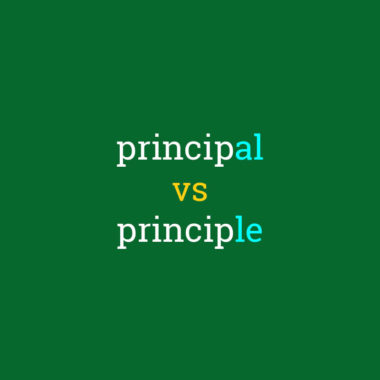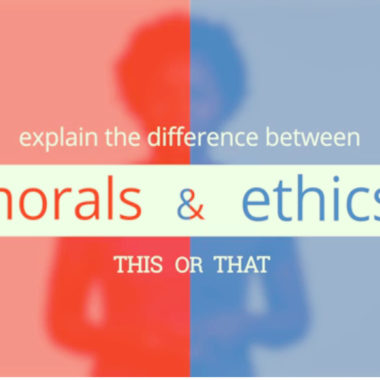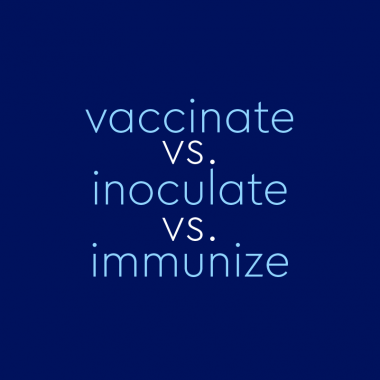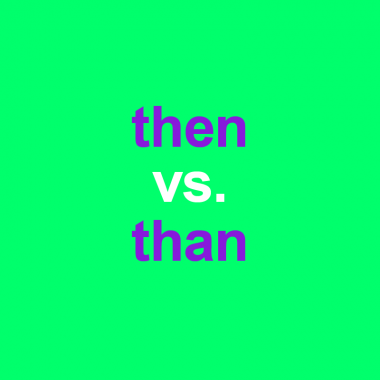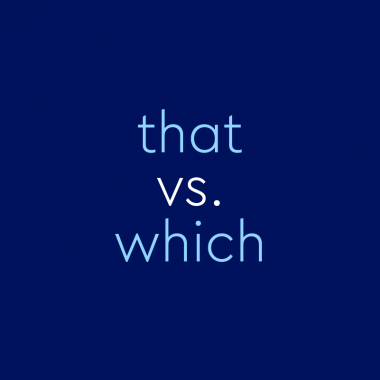“Wisdom” vs. “Knowledge”: What’s The Difference?
Is it better to have wisdom or knowledge? Can you have one without the other? And which comes first? If you’ve ever searched for acumen into these two brainy terms, we’re here to help break them down. Wisdom and knowledge have quite a bit in common. Both words are primarily used as nouns that are related to learning. They’re listed as synonyms for one another …






